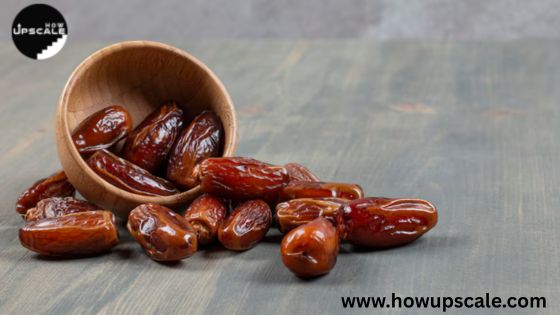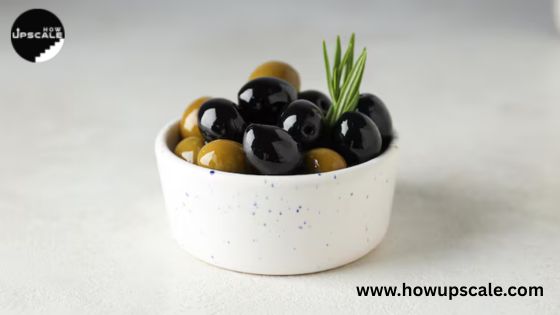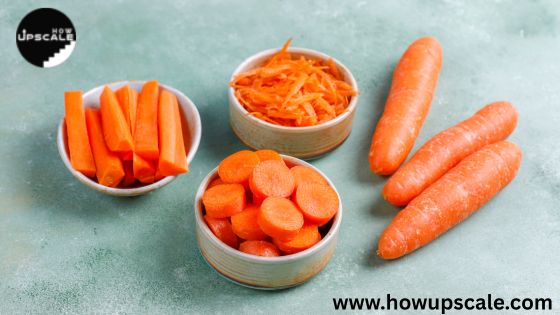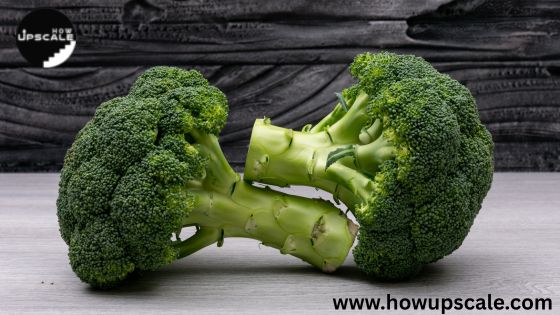Dates Benefits: Nutrition Facts and Health Benefits and More

Dates are one of the most nutritious and delicious fruits on the planet. These sweet, chewy fruits come from the date palm tree, mainly found in the Middle East and North Africa. Apart from their sweet taste, Dates Benefits include improved digestion, increased energy, and even support for brain and heart health.
At How Upscale, we’ll explore everything you need to know about Dates Benefits, Dates Nutrition, Dates Protein, and Dates Calories. Whether you’re a fitness enthusiast, a health-conscious individual, or simply someone who enjoys eating healthy foods, this guide is for you.
What Are Dates?
Dates are the fruits of the date palm tree. They are usually dried and are known for their long shelf life and rich taste. People have been eating dates for thousands of years, and they are often referred to as a “superfruit.”
Dates Nutrition: What’s inside?
Dates are packed with essential nutrients. A typical 100-gram serving of dates provides:
Calories: Around 277 Dates Calories
Carbohydrates: 75 grams
Fiber: 7 grams
Sugars: 66 grams (natural sugars)
Protein: 2 grams (Dates Protein)
Fat: 0.15 grams
Vitamins: Vitamin B6, Vitamin K
Minerals: Potassium, Magnesium, Copper, Manganese, Iron
The Dates Nutrition profile makes them a powerful natural snack and energy booster.
Top 10 Dates Benefits
Let’s break down the top Dates Benefits for your health:
1. Natural Energy Booster
Thanks to their high natural sugar content, dates offer a quick and sustainable energy boost. They’re perfect for pre-workout snacks or mid-day fatigue.
2. High in Fiber
Dates are rich in dietary fiber. This helps with smooth digestion and prevents constipation. Just a few dates a day can keep your digestive system healthy.
3. Supports Brain Health
One of the key Dates Benefits is their positive impact on brain function. They reduce inflammation and may lower the risk of diseases like Alzheimer’s.
4. Promotes Heart Health
Dates are high in potassium and low in sodium, which is great for managing blood pressure. Their antioxidants also reduce the risk of heart diseases.
5. Rich in Antioxidants
Dates are loaded with antioxidants like flavonoids, carotenoids, and phenolic acid. These protect the body from harmful free radicals.
6. May Support Bone Health
Another great Dates Benefit is bone strengthening. Dates contain calcium, phosphorus, and magnesium all essential for strong bones.
7. Helps in Weight Management
Though dates are high in natural sugar, they are low in fat and can help curb sweet cravings. Eating them in moderation can aid weight control.
8. May Improve Skin
The vitamins and antioxidants in dates help maintain healthy skin. They can also fight aging by reducing wrinkles and dryness.
9. Great for Pregnancy and Labor
Eating dates in the final weeks of pregnancy may help with labor and delivery. They promote natural contractions and reduce the need for medical induction.
10. Controls Blood Sugar Levels
Despite their sweetness, dates have a low glycemic index. This means they don’t spike your blood sugar when eaten in moderation.
Dates Protein: Why It Matters
While dates aren’t a high-protein food, they do offer about 2 grams of Dates Protein per 100 grams. This small amount, combined with their carbs and fiber, makes them an excellent part of a balanced diet.
You can pair dates with nuts like almonds or peanut butter to boost the Dates Protein content and make a more filling snack.
Including Dates Protein in your diet helps with muscle repair and growth. It also keeps you fuller for longer, reducing unnecessary snacking.
Understanding Dates Calories
Dates are calorie-dense, which means they pack a lot of energy in a small serving. A single date contains about 20 to 25 Dates Calories.
Here’s a breakdown:
- 1 Medjool date: 66 Dates Calories
- 1 Deglet Noor date: 20 Dates Calories
While they are high in Dates Calories, these are natural calories coming from sugars like fructose and glucose. When eaten in moderation, dates can be part of a healthy diet.
How to Add Dates to Your Diet
Adding dates to your meals is easy. Here are some ideas:
Smoothies: Add 1-2 dates to your morning smoothie.
Salads: Chop dates into your salad for a sweet twist.
Snacks: Pair with nuts for a healthy snack.
Desserts: Use dates in baking as a sugar substitute.
Energy balls: Mix dates with oats, peanut butter, and seeds.
These ideas let you enjoy Dates Benefits without much effort.
Are There Any Side Effects?
Dates are generally safe to eat, but here are some precautions:
- High sugar: Too many dates can increase sugar intake.
- Allergy: Though rare, some people may have date allergies.
- Calorie-dense: They can lead to weight gain if overconsumed.
Stick to 2–4 dates per day to enjoy Dates Benefits without the downsides.
Best Time to Eat Dates
There’s no wrong time to eat dates, but some of the best times include:
- Morning: Kickstart your metabolism.
- Pre-workout: Get a quick energy boost.
- Post-meal: Help digestion.
- Evening snack: Satisfy sweet cravings healthily.
Eating dates during these times enhances the Dates Nutrition and health rewards.
Storage Tips for Freshness
To keep your dates fresh:
- Store in an airtight container
- Keep in a cool, dry place
- Refrigerate for longer shelf life
Proper storage preserves the Dates Nutrition and taste for months.
Why You Should Eat Dates
Let’s recap the top reasons to eat dates:
- High in fiber
- Boosts energy
- Supports heart and brain health
- Rich in antioxidants
- Provides essential minerals
- Naturally sweet and satisfying
The bottom line is: Dates Benefits are too good to ignore!
Whether you’re looking to manage weight, improve digestion, or just find a healthier snack dates are a top choice. The rich Dates Nutrition, along with manageable Dates Calories and moderate Dates Protein content, make them a balanced addition to your diet.
About Dates Benefits
1. How many dates should I eat per day?
2–4 dates a day is a healthy amount for most people. This ensures you get the Dates Benefits without consuming too much sugar.
2. Are dates good for diabetics?
Yes, in moderation. Despite their sweetness, dates have a low glycemic index and don’t cause rapid sugar spikes. Always consult your doctor.
3. Can dates help with weight loss?
Yes! While they contain Dates Calories, the fiber helps with fullness, and natural sugars reduce the need for unhealthy snacks.
4. Are dates a good source of protein?
Dates have a small amount of Dates Protein, about 2 grams per 100 grams. Pairing them with nuts improves their protein value.
5. What is the best time to eat dates?
Morning or before a workout is ideal to maximize the Dates Benefits for energy and digestion.
With their impressive nutrient profile and wide range of health perks, the Dates Benefits are undeniable. From better digestion to enhanced heart and brain function, dates are a simple yet powerful addition to your diet.
They’re easy to enjoy, whether alone or mixed into recipes, and offer a good balance of natural sugars, fiber, and even some Dates Protein all while keeping your Dates Calories in check when eaten smartly.










